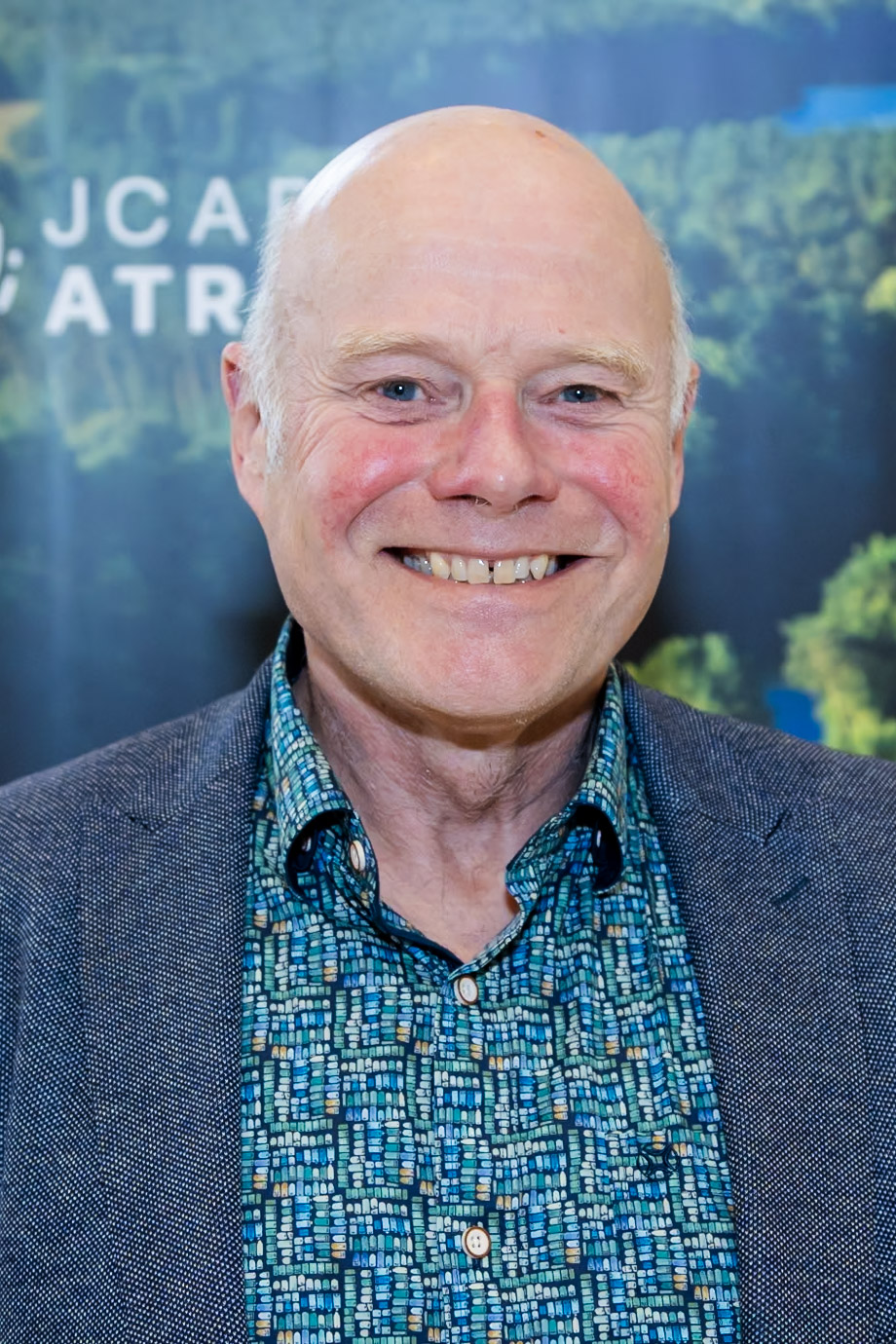
Jaap Kwadijk
Chair of the Scientific Programme Council of JCAR ATRACE
Foreword
We started JCAR ATRACE because we are convinced that we are entering a period that will last many decades, if not longer, in which we need to do something very sensible with water and soil management in our shared river basins. The reason is that in a changing climate, weather conditions that we now perceive as extreme will become much more common. Society is vulnerable to such extreme conditions. With that vulnerability, we were harshly confronted in July 2021. By adapting, we can reduce that vulnerability. But how to shape that adaptation and make it timely is far from clear. If only because we do not know exactly how much and how fast our climate is changing.
What we do know is that adapting takes (a lot of) time. That means we need to start in good time. Scientists can work on this by creating a steep learning curve. We achieve this by pooling our knowledge as much as possible, building on this knowledge as we go along and making our results meaningful for society.
To be successful, we will have to learn to think about very long durations. The learning process is not done with a few studies and then some adaptation plans.
I am therefore glad that in JCAR ATRACE we have not only knowledge development as part of our programme, but also capacity development. Our main interest is to train people for this purpose. And in view of the timeframe required, that does not mean that we have to deliver just one batch of students, we have to train a whole generation of students. In the coming years, we will invest by launching joint PhD research at each university and the joint supervision of dozens of MSc studies.
In this second edition of the magazine, we focus on the research being conducted under the leadership of the University of Liège, give an interpretation of the floods that occurred last year in the Benelux and just outside it, and show how our programme aims to contribute to discussions on the effectiveness of nature-based measures on flood and drought risks. On our revamped website, we try to bring together the most relevant knowledge about our study areas and provide interpretation for policy makers. All research is carried out within the framework of our recently drafted joint knowledge agenda.
Next article
In this magazine